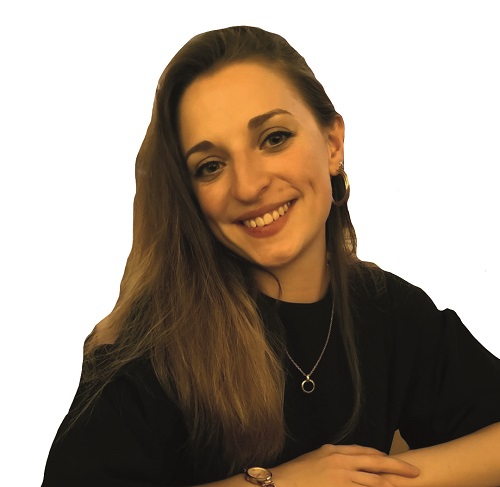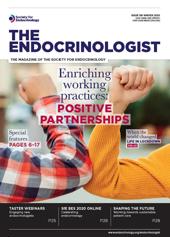Normally, I only throw away all of my flasks of cells once a year, and it means one thing … Christmas! This time, as with everything that came over the next few months, was different. Cells were frozen, incubators emptied, all machines, except fridges and freezers, turned off.
On the final day, a group of PhD students from our institute lumbered home with a desktop under one arm and a keyboard under the other, talking about our next steps during the impending lockdown. A few weeks working from home might end up being quite productive. Maybe I could learn R programming. I’ll definitely write the introduction to my thesis. Think of all that time to read.
12 weeks later, when we finally returned to labs, I had a single violin plot that I refused to change from the default green and pink colour scheme, so that everyone would know I made it in R (it could easily have been done in PRISM). Thesis paragraphs had been written and deleted, holes in my research identified and ways to plug these holes planned. Productivity had come in peaks and troughs. The main barometer of time became the Thursday NHS clap.
I would consider myself fortunate during the lockdown for many reasons, including not having children to take care of and educate or having shielding family members to keep safe. I am in awe of any scientists with these responsibilities who managed to send a single work-related email. But I tried to make the most of what became available during the lockdown, and scientists around the world really delivered on this front.
‘I tried to make the most of what
became available during the lockdown,
and scientists around the world really
delivered on this front.’
Twitter directed me to a great bioinformatics course, running every day, by Simon Cockell at the University of Newcastle. This ‘lockdown learning’ course took us from the most basic bioinformatics through to full RNAseq analysis of a COVID-related dataset. After failing to find time for months before lockdown, I took the cBioPortal official online classes to maximise use of data from the Cancer Genome Atlas, despite having been using the site for over 2 years.

Caitlin with colleagues. Credit: Caitlin Thornton
A positive outcome of the pandemic for me was that big conferences, like the American Association for Cancer Research (AACR) in San Diego, USA, moved to a virtual platform. Some of these conferences are prohibitively expensive for scientists who are not presenting, but now I sat at my desk with a cup of tea for two evenings, watching presentations on endocrine cancers. Lunchtime seminars turned into Zoom online seminars and the Society for Endocrinology’s ‘Lab in your living room’ series meant we could hear endocrine research from institutes all over the UK. Even international institutes advertised their own seminars on Twitter for all to attend: you could watch presentations from world class institutes simply by finding a link online. The newest and most relevant research is now abundantly more accessible; this is great for all researchers and I hope it remains this way.
On returning to the lab, I and other PhD students in our institute were mainly just happy to be out of the house. We followed the new rules carefully, putting our new lab coats into bags, never more than two people per bay, booking all equipment before we used it. It took a few weeks adjustment but the ‘new normal’ became routine. We are missing our clinical PhD researchers. They make up around half of our institute and many are still on redeployment and have not yet returned to labs.
Thankfully, many funding bodies have been incredibly understanding about offering funding extensions to PhD students adversely affected by time away from the lab. While we catch up on delayed experiments, we don’t know when future lockdowns may come or what they will mean for researchers. In the meantime, I’ll keep culturing my cells.
CAITLIN THORNTON
3rd year PhD student, Institute of Metabolism and Systems Research, University of Birmingham







